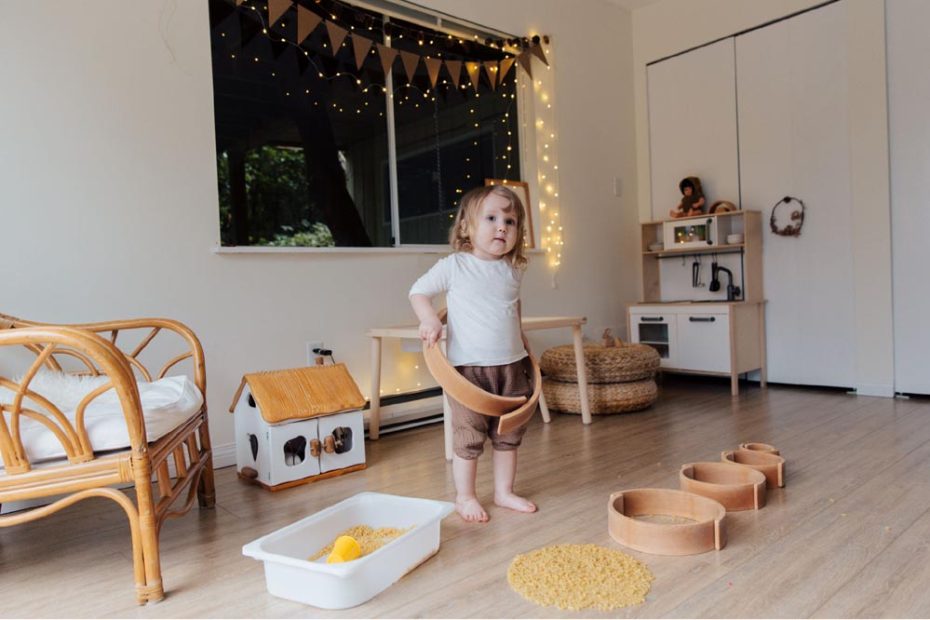Pre-schooling plays a crucial role in laying the foundation for a child’s future learning and development. It is during these formative years that children absorb information like sponges and build essential skills. To facilitate this process effectively, educators and parents often turn to the Montessori approach, which emphasizes hands-on learning and child-centered exploration. Montessori Method are the carefully designed Montessori materials that offer unique benefits in nurturing young minds.
What is Montessori Material?
Montessori material refers to a diverse range of educational tools and resources meticulously crafted to cater to a child’s natural curiosity and desire to learn. These materials are specifically designed to be engaging and allow children to explore concepts independently at their own pace. Created by Dr. Maria Montessori, an Italian educator and physician, these materials are based on her observations of how children learn and interact with their environment.
The Montessori Approach to Pre-schooling
In Montessori preschools, the emphasis is on fostering a supportive and prepared environment that encourages the child’s innate desire to learn. Unlike traditional teaching methods, the Montessori approach recognizes that each child is unique and should be allowed to explore and learn based on their interests and developmental stage. This approach promotes a sense of joy and accomplishment in learning, which paves the way for a lifelong love of knowledge.
Benefits of Montessori Material in Pre-schooling
1. Promotes Hands-On Learning
Montessori materials are designed to be hands-on and interactive, encouraging children to engage all their senses in the learning process. Whether it’s counting with colorful beads, feeling different textures, or exploring geometric shapes, these hands-on experiences make abstract concepts tangible and easier to comprehend.
2. Fosters Independence and Self-Discipline
With Montessori materials, children can choose their activities and work at their own pace. This fosters a sense of independence and self-discipline as they learn to make decisions and take responsibility for their learning journey.
3. Encourages Exploration and Creativity
The open-ended nature of Montessori materials sparks curiosity and encourages children to explore and experiment. They are free to use the materials in various ways, promoting creativity and imaginative thinking.
4. Develops Cognitive and Motor Skills
Montessori materials are carefully designed to target specific cognitive and motor skills. From refining hand-eye coordination to developing problem-solving abilities, these materials provide a holistic learning experience.
5. Enhances Social and Emotional DevelopmentIn a Montessori environment, children learn to respect one another’s space and work collaboratively. This fosters strong social skills, empathy, and emotional intelligence from an early age.

